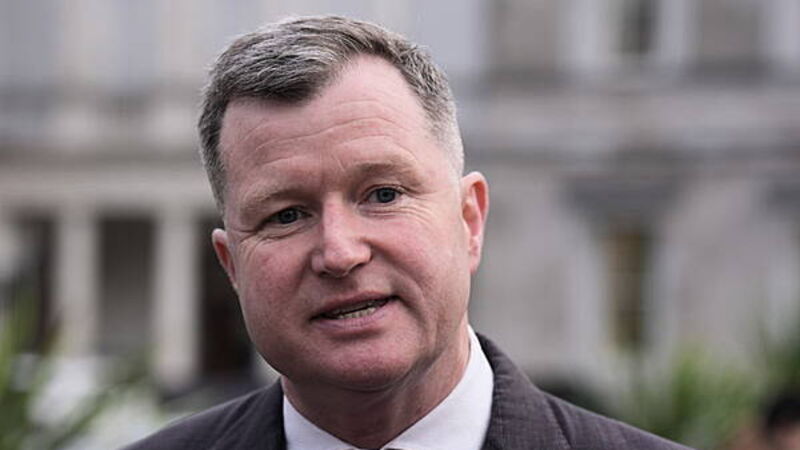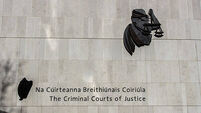AI committee will 'explore how it will impact on different aspects of Irish life'

James Cox
With many fearing their jobs are at risk from artificial intelligence (AI), a new Oireachtas committee aims to consider not only risks but also opportunities the new technology will bring to Irish society.
When the Oireachtas committees were recently announced, one area of particular interest was the new Artificial Intelligence (AI) Committee.
Fianna Fáil TD Malcolm Byrne was confirmed as the chair of the Oireachtas AI Committee.
In an interview with BreakingNews.ie, Mr Byrne explained that the committee will “explore how [AI] will impact different aspects of Irish life, from agriculture to healthcare to transport”.
“We’ll obviously be looking at safety measures to be put in place,” he said, “but equally at the opportunities for both companies and social enterprises to use AI in delivering public services more efficiently and effectively.”
While many people fear losing their jobs to AI, Mr Byrne believes it will create more opportunities than it eliminates.
“There are lots of opportunities ahead. Yes, there will be displacement in the labour market. Some jobs will no longer exist as a result of artificial intelligence. But, as with any new technology, many more jobs will be created. So it’s important we look at how to prepare people — through reskilling and upskilling — to take advantage of the opportunities that AI will bring.”
He added: “Robots aren’t going to take over every human function, but workers who use artificial intelligence will replace those who don’t. And we’ve got to prepare for that.
“With any new technology, there are natural fears — and some very legitimate concerns.”
He said the protection of personal data and the development of ethical AI training models will be key areas for the committee.
Mr Byrne also pointed to the debate around the use of AI in education, while again emphasising the opportunities it presents rather than the obstacles.
“We do need to ensure safeguards are in place and support the creation of ethical frameworks around the use of AI. There’s a major debate in education at the moment around academic integrity, particularly concerning exams and assessments, and when artificial intelligence should or shouldn't be used.
“I certainly see that featuring in our discussions. There’s naturally going to be debate around when it’s appropriate to use AI in healthcare settings — or in defence. Exploring these issues will also form part of our discussion on the EU AI Act.”
Mr Byrne acknowledged that there is “going to be huge debate”, but added: “The solution to any new technology isn’t to ban it. The solution is to set out ground rules for where and when it can be used, and to provide an ethical framework.
“The reality in education is that students are already using large language models like ChatGPT, but they may not fully understand the ethical frameworks that should guide their use.
“Really, the challenge for the education system is to look at how we can adapt this new technology to improve learning outcomes.
“There is huge potential for AI to tailor learning to individual needs, because we all learn differently. Teachers are already using AI to help with the development of lesson plans. What’s crucial is that we experiment and learn as we go.”
On data privacy, he said: “GDPR is very important. It reflects European values about protecting citizens’ data. I would be very concerned with platforms like DeepSeek and R1, where user data ends up on servers in China. There are real concerns, for example, about how the Chinese Communist Party is using AI — including to spy on its own citizens.”
Mr Byrne said he supports public information campaigns to help people adapt to the use of AI.
“I certainly favour public information campaigns, just like the radio and TV ads people are familiar with about not sharing intimate images without permission.
“We need similar campaigns explaining what an algorithm is, how recommender systems work, how to detect a deepfake, and where to go to verify whether something is a deepfake.
“These kinds of public awareness efforts should go hand-in-hand with the EU AI Act and with broader efforts to help people understand and engage with this technology.”












